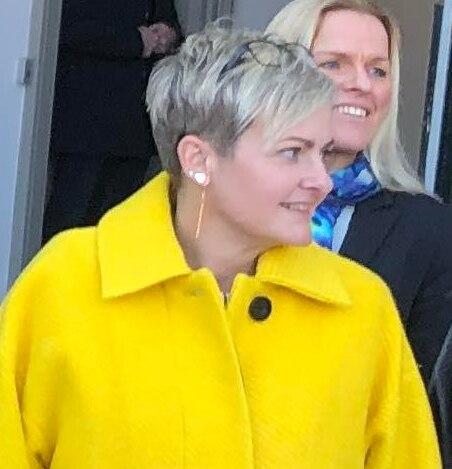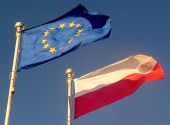
The Danish government has officially apologized to thousands of individuals with disabilities who suffered abuse while in state-run institutions. This prolonged mistreatment
has left deep emotional and physical scars on the survivors.
Denmark's Minister for Social Affairs, Pernille Rosenkrantz-Theil, delivered the formal apology on Monday, representing the state's acknowledgment of the abuse endured by children and adults over several decades.
The abuse timeline:
Between 1933 and 1980, approximately 15,000 children and adults with diverse disabilities were placed in state institutions for varying durations. These individuals were labeled as being under "Special Care," with the justification being to protect society, partially rooted in eugenic theories. Eugenics aimed to improve the genetic quality of the human population but was historically misused to target and exclude certain groups, most notably by the Nazis during the Holocaust.
In Denmark, individuals with disabilities such as blindness, epilepsy, and physical or mental handicaps were confined to state-run institutions. Additionally, forced sterilizations were performed on psychiatric patients from 1929 to 1967. It was not until 1989 that patients were no longer required to obtain special permission from authorities to marry.
A previous Danish government initiated an inquiry in 2020, which uncovered a range of abuses within these institutions. The documented abuses included violence, psychological and sexual abuse, as well as significant errors in medical treatments.
In 1980, the Danish parliament decentralized the special care sector, transferring responsibility to local authorities.
The Minister's Apology:
Rosenkrantz-Theil characterized this period of abuse as "one of the darkest chapters in Danish history."
"Society is meant to care for its citizens, and here, the opposite occurred," she stated.
"While an apology cannot change the past, it allows us to assume responsibility for what transpired and acknowledge the wrongdoing."
"On behalf of the Danish state and government: We apologize," she affirmed.
Rosenkrantz-Theil issued this apology during an event attended by around 50 survivors of the policy from that era, held in the western city of Horsens.
One of the survivors, Hanne Klitgaard Larsen, also spoke during the event, conveying, "There are more of us than you think, who carry lifelong scars." She emphasized the significance of the apology, saying, "It holds meaning today because it extends into the future. It signifies a commitment to never repeat such a dehumanizing view."



































